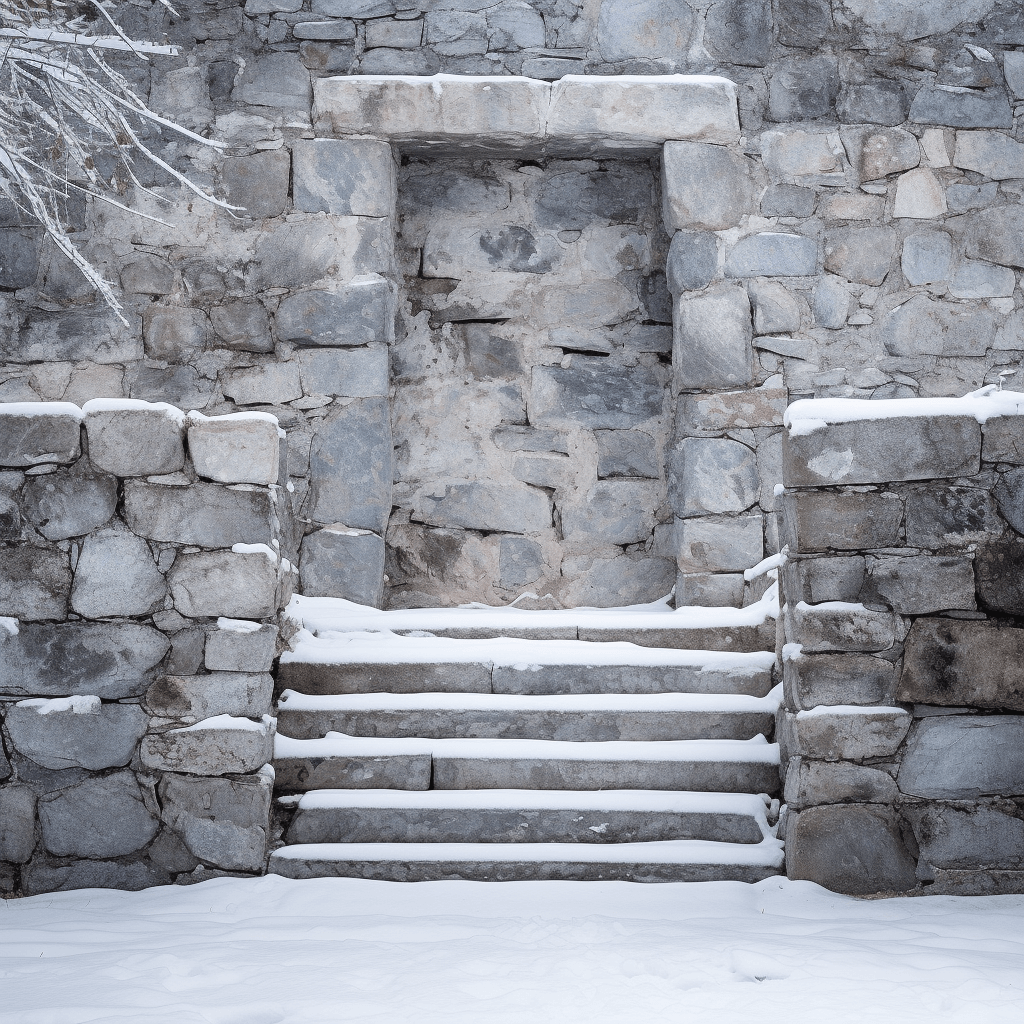Grey Stone and Weather Conditions: A Comprehensive Guide by Maçonnerie Montréal
Welcome to Maçonnerie Montréal, your trusted provider of masonry services in Montreal. Specializing in grey stone installation, we understand the nuances of this material, including its interaction with various weather conditions. Our clients often ask, "How does grey stone react to different weather conditions?" This comprehensive guide aims to answer that question in detail.
Understanding the Nature of Grey Stone
Grey stone is a broad term that encompasses several types of stone, including limestone, granite, gneiss, and slate. Each of these stones has unique physical properties that determine how they respond to different weather conditions. Despite their individual differences, grey stones generally have high durability and can withstand various weather elements with the right maintenance.
Grey Stone and Rain
Grey stones, being naturally porous, can absorb water when exposed to rain. However, this doesn't necessarily mean damage. Most grey stones, like granite and slate, have a low absorption rate, making them resistant to water damage. Proper sealing can further enhance this resistance, preventing water from seeping into the stone and causing potential discoloration or structural damage.
Grey Stone and Sunlight
Grey stones can withstand intense sunlight without fading or discoloring. Their natural minerals reflect sunlight rather than absorbing it, preventing them from overheating or cracking. This UV resistance makes grey stone an excellent choice for outdoor installations, such as patios and garden paths.
Grey Stone and Cold Temperatures
The cold Montreal winters can be challenging for some materials, but grey stone stands strong. It can withstand freezing temperatures without cracking or crumbling. This is primarily due to their low water absorption rate – since there's minimal water in the stone, there's less chance of freezing and subsequent expansion that could cause damage.
Grey Stone and Heat
Grey stone also performs well in heat. It does not warp or become brittle when exposed to high temperatures. This makes grey stone suitable for applications near heat sources, such as fireplaces or outdoor fire pits.
Grey Stone and Wind
Wind itself doesn't impact grey stone directly, but it can carry abrasive particles that may wear down the stone over time. Regular cleaning can help remove these particles and reduce the risk of erosion.
Grey Stone Maintenance for Weather Resistance
Although grey stone naturally withstands various weather conditions, it still requires regular maintenance to keep it in optimal condition. Here are some maintenance tips:
-
Clean regularly: Keep the stone free of dust, dirt, and other abrasive particles that wind might carry.
-
Seal properly: Seal the grey stone to enhance its water resistance. Consult with us at Maçonnerie Montréal for appropriate sealing products.
-
Inspect regularly: Check for any signs of damage, such as cracks or chips, especially after intense weather conditions.
Maçonnerie Montréal: Your Partner in Grey Stone Care
At Maçonnerie Montréal, we provide not just high-quality grey stone installation but also expert advice and services to keep your grey stone in prime condition, regardless of the weather conditions. Our team is skilled in both grey stone installation and maintenance, ensuring that your stone stands the test of time and weather.
In conclusion, grey stone reacts favorably to various weather conditions, making it a superb choice for outdoor installations. With the right maintenance, grey stone can withstand rain, sun, cold, heat, and wind. For more information on maintaining grey stone or any other masonry services, feel free to contact us at Maçonnerie Montréal.

